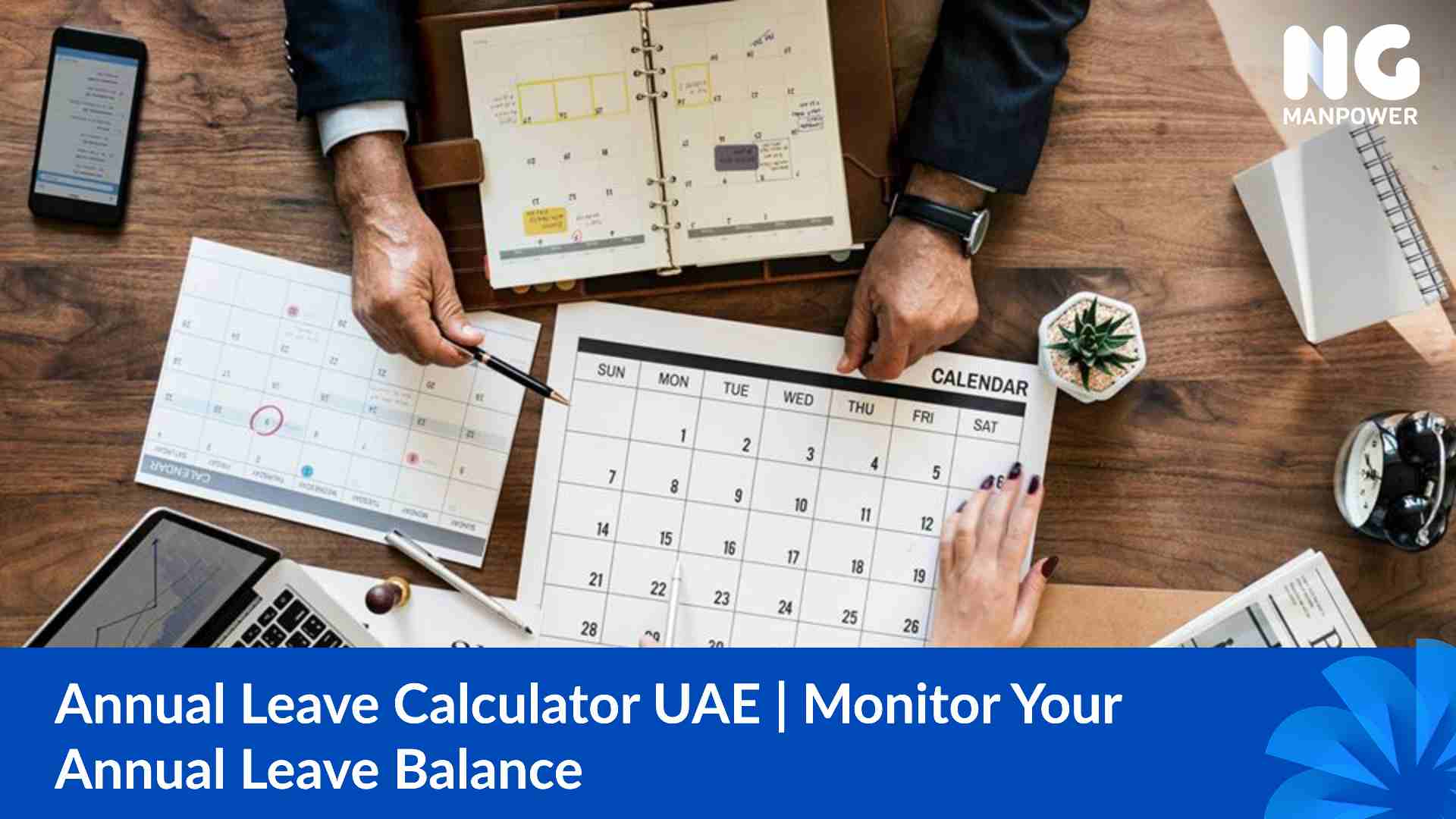Contracts are the foundation of both societal order and business. They are those complex webs of legal complexities that tightly entwine interactions and transactions over the great expanse of industries. Within the convoluted tapestry of types of contracts in Labor law, the pursuit of unraveling the enigmatic nature of contractual variability emerges as a paramount intellectual endeavor. Necessitating a profound grasp of the complex complexities that define the very essence of contractual relationships.
In this article, we embark on a profound odyssey through the colorful realm of contract typologies. Immersing ourselves in the intricate spectrum of contractual variability that intricately interlaces the very fabric of modern business dynamics. Join us as we traverse the complex pathways of contractual arrangements.
What are the types of Employment Contract?
The types of contracts include full-time and part-time contracts, fixed-term contracts, casual contracts. Also, agency workers/temporary staff contracts, freelancers/consultants/contractors’ contracts, zero-hours contracts, at-will employment contracts.
Additionally, there are written employment contracts, verbal employment contracts, and implied employment contracts.
Permanent Employment Contracts
Permanent employment contracts in the UAE, distinguished by their formal nature as agreements between employers and employees. That lack an expiration date, provide ongoing employment unless terminated by either party.
These types of contracts not only offer job stability and security but also detail essential elements. Such as job title, description, compensation, benefits, termination conditions, restrictive covenants, and legal provisions. Moreover, by ensuring continuous employment, permanent contracts establish a clear understanding of rights and obligations for both parties involved.
Fixed-Term Employment Contracts
Fixed-term employment contracts in the UAE represent structured agreements between employers and employees, delineating a specific duration primarily tailored for project-specific or temporary roles.
- Moreover, in the wake of the transformative New Labor Law, which mandates a conversion of unlimited contractual agreements to fixed-term. Within a year of enactment, these types of contracts now face a stringent limitation to three years.
- Furthermore, this legislative upheaval seeks to revolutionize the labor market’s operational efficiency. Forging a landscape that fosters equitable rights and responsibilities for all parties while fostering enhanced flexibility and sustainability within employment dynamics.
- Additionally, the intricate dance of fixed-term contracts allows for potential extensions or renewals. Subject to detailed provisions for termination and renewal meticulously outlined in the comprehensive framework of the UAE Labor Law.
Temporary Employment Contracts
Temporary employment contracts in the UAE are structured agreements between employers and employees for specific assignments. Concluding upon the completion of the designated task.
Moreover, commonly utilized in industries requiring project-based work, such as construction or event management. These contracts offer flexibility and are precisely tailored to meet short-term employment needs, aligning seamlessly with the dynamic nature of certain industries.
What are employment contracts in UAE?
Employment contracts in the UAE stand as the foundational pillars of the intricate tapestry that governs the symbiotic relationship between employers and employees.
These meticulously curated legal instruments intricately weave together a plethora of essential components, ranging from delineating job titles. Also, delineating responsibilities to specifying tenures, outlining working schedules, structuring remuneration packages. Also, enshrining specific obligations that bind both parties in a harmonious yet legally binding union.
- The revised Labour Law of 2022 brought about a seismic shift, mandating that all employees in the UAE must be under fixed-term contracts not exceeding a duration of three years.
- These contractual masterpieces require meticulous transcription in Arabic, with provisions for an English translation to cater to non-Arabic speakers. Moreover, they encompass detailed stipulations concerning accommodation, airfare entitlements, and the sponsorship of residency visas for expatriate personnel.
- The specter of potential penalties looms ominously over employers who dare to flout these stringent regulations. Moreover, underscoring the paramount importance of unwavering compliance with the intricate legal tapestry that defines employment contracts within the dynamic landscape of the UAE.
Termination of Employment Contracts in the UAE
The termination of employment contracts in the UAE unfolds within a meticulously structured framework dictated by the Labor Law, intricately weaving together the rights and responsibilities of both employers and employees.
- Within this legal tapestry, the process of terminating an unlimited contract demands a symphony of actions. Requiring a minimum of 30 calendar days’ written notice from either party.
- Limited contracts, on the other hand, unravel upon the completion of their designated term, through mutual written consent. Or in the somber event of an employee’s demise or incapacitation.
- The employer holds the power to abruptly sever ties without notice in scenarios such as identity falsification, probation breaches. Moreover, significant financial losses incurred, or persistent failure to fulfill core duties despite repeated warnings.
- Noteworthy is the prohibition against dismissing an employee during their leave except under exceptional circumstances. Furthermore, the cessation of employment may trigger entitlements like compensation in lieu of notice and repatriation expenses borne by the employer.
- Navigating this intricate termination landscape demands a keen understanding of these regulations to ensure compliance. Also, avert potential legal ramifications for both parties involved.
Rights and Obligations Under Employment Contracts
Rights and obligations within the intricate realm of employment contracts stand as the foundational pillars. That underpin the dynamic interplay between employers and employees, weaving a complex tapestry of legal intricacies and relational dynamics.
- Operating as the linchpin of this symbiotic relationship, these types of contracts Dubai intricately delineate the terms and conditions. That bind both parties in a harmonious yet legally binding union, forming a labyrinthine network of rights and responsibilities.
- Moreover, employers bear a myriad of obligations crucial for ensuring the validity and enforceability of the contract, navigating a maze of duties that demand precision and adherence.
- These multifaceted duties encompass the imperative of furnishing a written employment agreement prior to the commencement date. Meticulously elucidating all terms and conditions to the employee with meticulous detail, securing the employee’s signature.
- As a seal of commitment to this intricate pact, unwavering compliance with an array of pertinent employment legislation. Moreover, fostering a work environment that not only prioritizes safety but also nurtures a culture of trust. Also, upholding stringent confidentiality standards to safeguard sensitive information within this intricate ecosystem.
- In parallel, types of employee contracts are endowed with rights that demand not just acknowledgment but reverence. Including the entitlement to receive a written contract within a stipulated two-month window from the initiation of employment.
- Comprehensive detailing of pivotal facets such as compensation structures and working hours down to the minutest detail. Also, the assurance of a minimum notice period preceding any potential termination of employment to navigate this labyrinthine landscape with clarity.
- Furthermore, a profound comprehension of these intricate rights and obligations is not merely advisable but imperative for nurturing an environment characterized by equity, transparency. Also, productivity while safeguarding the vested interests of both parties embroiled in the enigmatic dance of the employment contract.
What are the legal implications of terminating an employment contract in the UAE, and what are the consequences of doing so?
Upon the termination of an employment contract in the UAE, a myriad of legal implications and consequences come into play. The UAE labor laws dictate that termination can transpire through mutual agreement, notice, or for valid reasons.
Employers must ground any termination in a legitimate cause and adhere to both legal statutes and contractual obligations when giving due notice. Furthermore, if an employer opts for termination without justifiable grounds, the employer risks being deemed arbitrary, potentially leading to compensatory measures for the employee.
Employees with a year or more of service are eligible for gratuity or end-of-service benefits, with calculations based on tenure. Additionally, employers can terminate fixed-term types of contracts in UAE through various means such as expiry, mutual agreement, death, or total incapacity for work.
What is the minimum notice period for terminating an employment contract in the UAE?
In the intricate realm of UAE employment law, the minimum notice period for terminating an employment contract stands at a standard 30 calendar days. A fundamental requirement enshrined in labor regulations.
This stipulation serves as a safeguard, ensuring that even in scenarios where contractual specifics are absent. Employers are bound to furnish employees with a minimum of 30 days’ notice. Moreover, within the legal framework, a maximum notice period of 90 days exists, offering a spectrum within which termination notices can be effectively communicated.
Conclusion
The exploration of contractual variability across different types of contracts reveals a nuanced landscape where flexibility and adaptability play pivotal roles in shaping agreements. By understanding the diverse methods of varying types of contracts, one can appreciate the importance of clear communication and mutual agreement in contractual modifications.
In conclusion, navigating the realm of contract variations demands a judicious balance between legal compliance, effective communication. Also, strategic decision-making to ensure the integrity and enforceability of contractual agreements amidst changing circumstances. Contact us to learn more.






